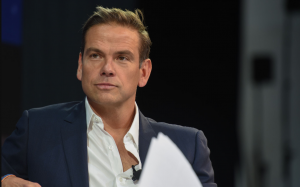Hit by the coronavirus pandemic, the media and entertainment industry is likely to recover to its current levels and post a 33% growth in FY22 following a contraction of 20% in FY21, global professional services firm KPMG said in a report. This, however, still implies a loss of around two years of growth, it said.
KPMG, on Wednesday, launched the twelfth edition of its Media and Entertainment (M&E) report, titled ‘A year off-script: Time for resilience’ that examines the performance of the M&E sector during a particularly challenging period.
As per the report, the onset of COVID-19 followed by lockdown dealt a severe blow to the Indian economy.
“The M&E sector has been affected but to varying degrees: outdoor entertainment formats (films and events) and traditional media (print and TV to some extent) have been badly impacted as people stayed indoors and advertising spends dried up,” reads the statement.
The digital consumption, however, increased during the pandemic, given the challenges posed by lockdowns.
“Digital advertising, OTT and gaming fared much better, with massive spikes in digital consumption during the lockdown across geographies and socio-economic classes. Digital advertising spends are now set to overtake those on TV by FY21, which is an important milestone and turning point in the evolution of M&E in India,” the statement further reads.
According to Satya Easwaran, Partner and Head, Technology, Media and Telecom, KPMG in India, “The distinction among segments of M&E has become more pronounced with the experience of the lockdown.”
“ Marketing spend has moved perceptibly towards digital media and away from traditional segments like print, radio and to some extent TV. A greater reliance on subscription and other paid options as well as the development of a credible digital business model is going to be inevitable for these traditional media segments,” said Easwaran.
As per KPMG’s estimates, India could be home to a billion digital users by 2028 rather than the earlier projected 2030 timeline.
“There have been several structural changes to digital behaviour on account of the experience of the lockdown resulting in a new homogeneity among users, and it is our belief that many of these changes will translate into a more democratic and sophisticated digital citizenry within the country,” said the statement.







